Week 15: A Fun and Colorful Indy Pride Parade [Score +11]
Aside from voting and writing to my representatives, I’ve never taken part in any activity that had any modicum of political activism to it.
To be honest, the thought of participating in a march or rally or protest, even one expected to be peaceful, has always made me nervous. I’m not a fan of large crowds. I don’t like being in the midst of unresolvable arguments, even inconsequential ones that don’t run the risk of turning violent.
And as much as I wish I could say I didn’t care about what other people thought of me, I can’t honestly say that today. Even when it’s an issue that I care deeply about, I cringe at the thought of offending or doing something that makes a friend or family member think less of me. Yes, I logically know it is going to happen regardless of what I do (or don’t do). But the straight-A, curfew-abiding, rule-following, try-to-be-perfect-and-not-disappoint person I’ve been since I was a child is still very much a part of my nature. It’s not an easy thing to change.
But this year is about pushing myself. Trying new things. Being brave. Living up to my “Intrepid Introvert” title.
So I walked in the Cadillac Barbie IN Pride Parade in downtown Indianapolis with more than 300 of my coworkers, their families, and friends on June 10.
Among those holding our banner were the CEO of the Marketing Cloud and our Chief Equality Officer who flew in just for this event.
While the mission of Indy Pride is focused on creating inclusivity, leadership, connection, and awareness of LGBTQ issues, the week-long festivities aren’t politically focused. It’s a natural part of the activities, since so many still don’t believe in equal rights for all people and our current political climate is so polarizing, but the nature of the Pride festival is celebration, not protest. For my first dip in the stand-for-something-publicly waters, this was a friendly, fun experience.
I’d never been to any Pride events before. I’m straight and cisgender myself, so I didn’t feel like it was really an event for me. What got me to go this year was the support within the company I work for.
[Let me pause for a moment: When I’ve enjoyed some company-sponsored activities at other points in this year, I intentionally left out the name of the company I work for. This is a personal blog and project, and the company’s identity itself didn’t really matter. But in this instance, I feel I have to talk about it by name to give this story justice.]
I work for Salesforce. If you’re not familiar with it, know that it’s a tech company headquartered in San Francisco with offices around the globe and around 25,000 employees. Many people had never heard of it until perhaps early 2015, when the company took a public—national—stand against Indiana’s Religious Freedom Restoration Act (RFRA for short). Salesforce was one of the first companies to speak out against this bill, and other companies large and small soon followed suit.
That political stand was one of the first times (if not the very first) Salesforce had ever gotten involved in a government issue. Since then, the company and our CEO have been more vocal about equality for all people, and they’ve backed it up with real action. That includes standing up for the rights of our LGBTQ community with government relations, actively working to even out pay gaps within the company, and hiring a chief equality officer to lead these initiatives.
While the days around Indiana’s RFRA turmoil in 2015 were tense, I had never been more proud to work for any company in my career.
That pride (no pun intended) blossomed in a big way just a few weeks ago when I learned that Salesforce was the presenting sponsor of this year’s Circle City IN Pride festivities. We have an employee resource group called Outforce for our LGBTQ coworkers that organized a contingent of people to march in the parade, and since we were the presenting sponsor, they wanted our representation to be bigger than ever.
Last year they had about 125 people march in the parade under the Salesforce banner. Their goal this year was to get 250 employees, family, and friends. By parade time on Saturday morning, 440 people had registered to be a part of our parade crew. And I’m proud to say I was one ally among them.
We met at one of our office buildings in downtown Indy at 8:00 a.m. where the Outforce team gave us each our tshirt for the day, directed us to pick up a bunch of “rainbow swag” to wear and wave, and pointed us toward the celebratory mimosas. The early birds snagged some coveted rainbow-framed sunglasses, kids claimed the inflatable rainbow-unicorn pool floaties (and the parents carried them later), and the rest of us decorated ourselves in rainbow temporary tattoos. Of the hundreds of people who showed up, I’d guess that just a third were actual Salesforce employees. The rest who marched with us were partners, spouses, children, and friends.
After making our way to our spot in the parade lineup, I found myself standing next to a coworker who was also there solo. In a more open and interesting conversation than I ever thought I’d have with her, I learned that she had been an activist for LGBTQ rights for decades, going back to the 80s and 90s when Pride festivities were not family-friendly. She even walked in New York City’s first Dyke March, which is marking its 25th anniversary this month (and I'll admit I had never actually heard of).
She said that it’s only in recent years that a person doesn’t feel the need to take off all their Pride gear before walking home. When I said I thought it must feel good to recognize that change, she said she actually preferred the more “rough and tumble” festivals of past years.
With her words in my head, I noticed how many corporations (like ours) and community organizations were also participating in the parade. On the one hand, I can see how the event becoming “cleaned up” and “corporate” makes it more family-friendly, but it may also put a damper on the more authentic, fun, and wilder roots of the movement. But on the other hand, I think corporate support—which takes a long time to come around—makes change more possible. Thinking back to Indiana’s RFRA drama, it wasn’t until corporations put their power in the game that the governor backed off. So seeing dozens of companies involved this year may be a good signal that change is moving in the right direction.
Walking the parade route, I was stunned to hear onlookers cheering “Salesforce!” back to us as we passed. I expected the standard parade-crowd cheering and waving, but this was more specific and spoke directly to the impact this company has had on the local community.
The crowd was lively, friendly, enthusiastic, and having fun from start to finish. It was an environment in which—even “cleaned up and corporate”—people were still out and proudly being themselves. Whether that meant just holding hands with their same-sex partner, strutting their fabulous drag-queen style with scantily clad male attendants, or even displaying their Leather Contingent membership, they were there and accepted.
I loved seeing so many kids and teenagers both in the parade and the crowd. Yes, they’ll see some things that will instigate interesting questions, but I think that’s a good thing. Most importantly, they’ll learn at a young age that it’s good to be yourself, even if that’s not “mainstream.” They’ll learn to build a community around them that supports whoever it is that they really are, and they’ll learn to be a member of that community for others.
I was personally inspired by all the bravery I saw that day. I may still be a rule-follower, but I’m teaching myself to step outside my comfort zone. I’m 33 years old, after all: shouldn’t I be making my own rules now?
Score:
- Did something outside my routine: +1
- Left the house: +1
- Did something entirely new: +1
- Activity benefits my health/wellbeing: +1
- Had a conversation with a stranger of at least 30 seconds: +2
- Had a conversation with a stranger beyond basics (i.e., work, hometown, what’s your dog’s name): +2
- Learned someone’s name: +3

![Week 15: A Fun and Colorful Indy Pride Parade [Score +11]](https://images.squarespace-cdn.com/content/v1/58b4c7cc20099e8b54a9ad11/1497916719389-XNRQ6P7E3NWHNCA1L6D3/INPride-banner-aem.jpg)
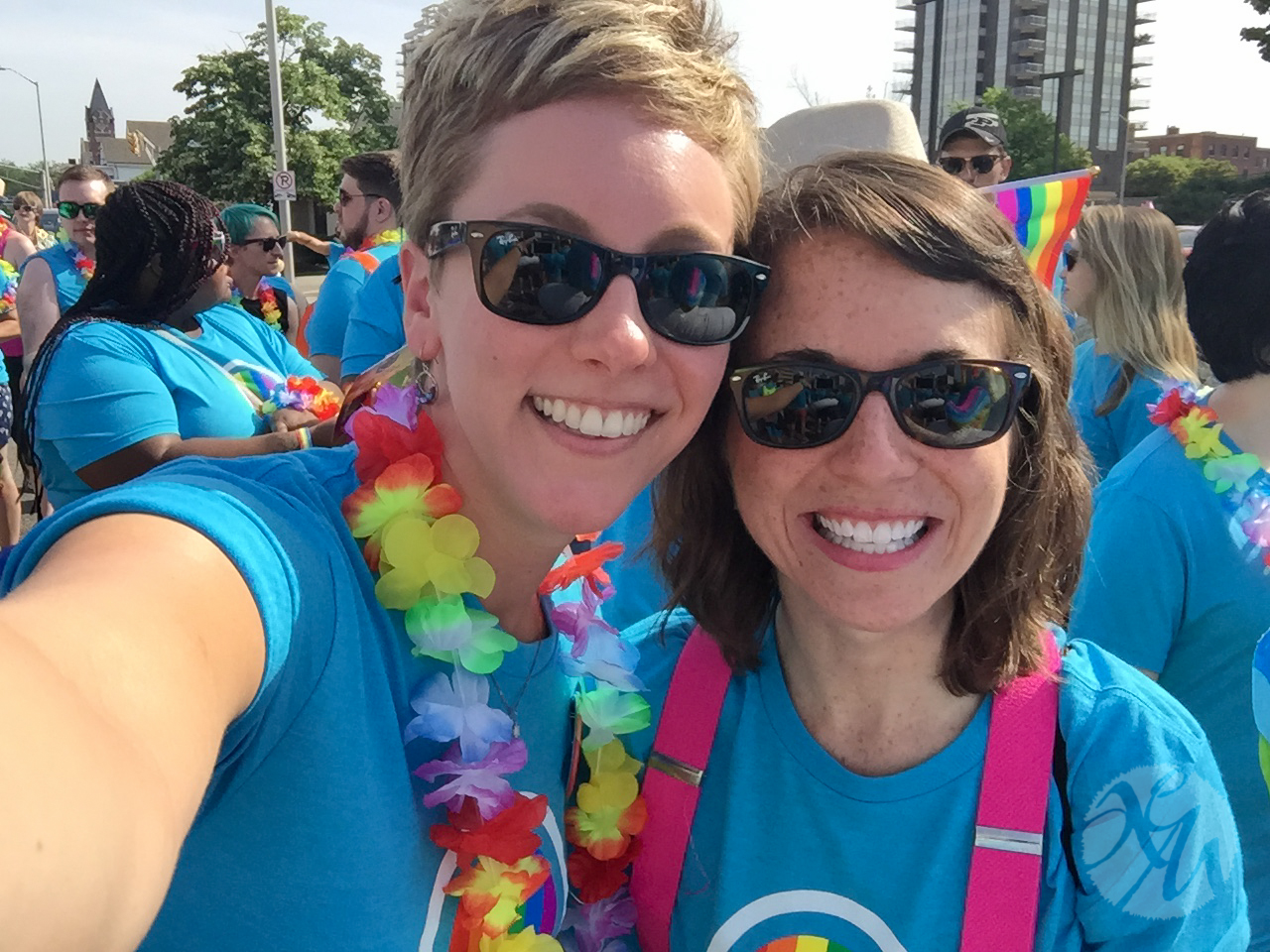
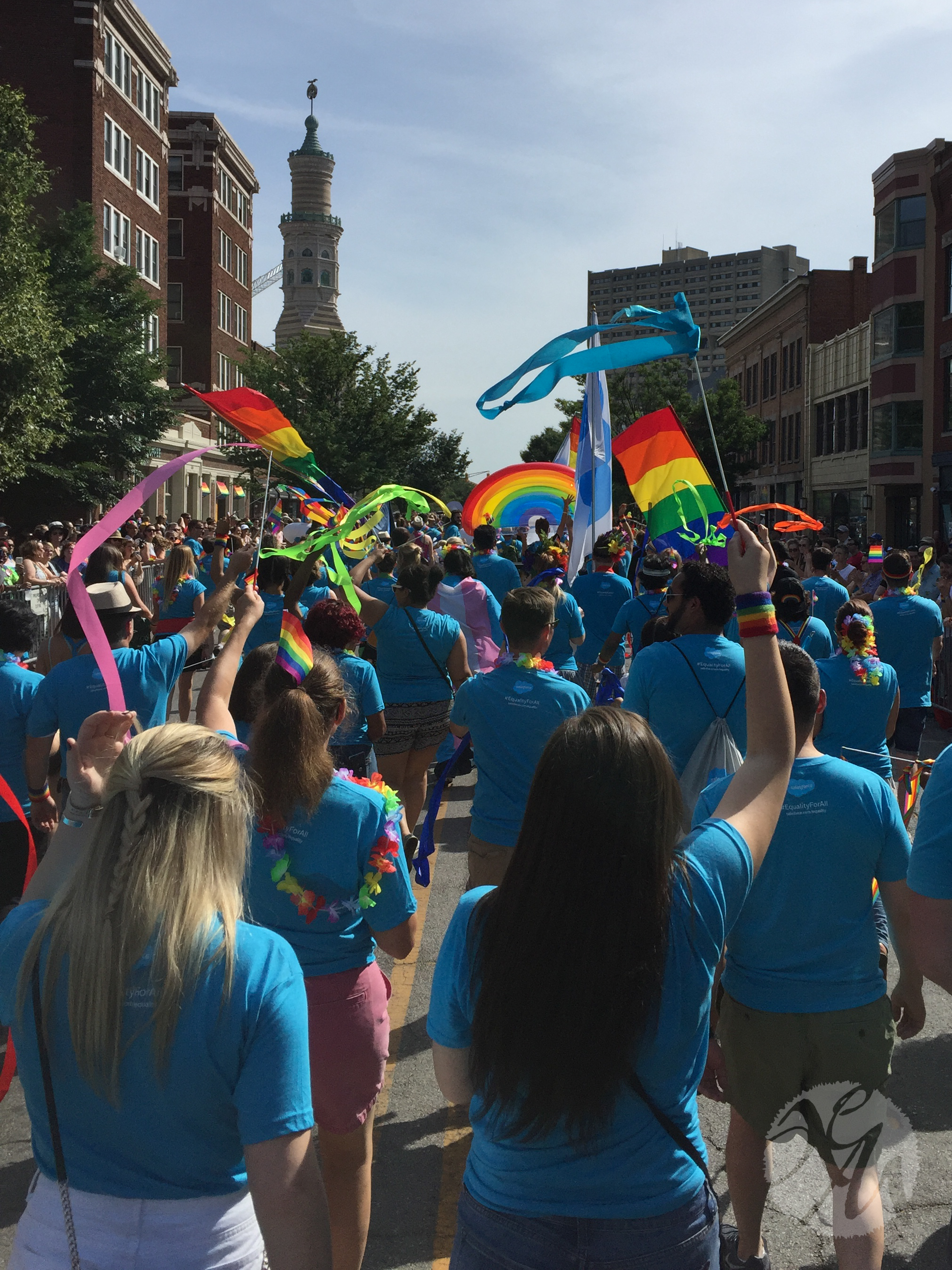
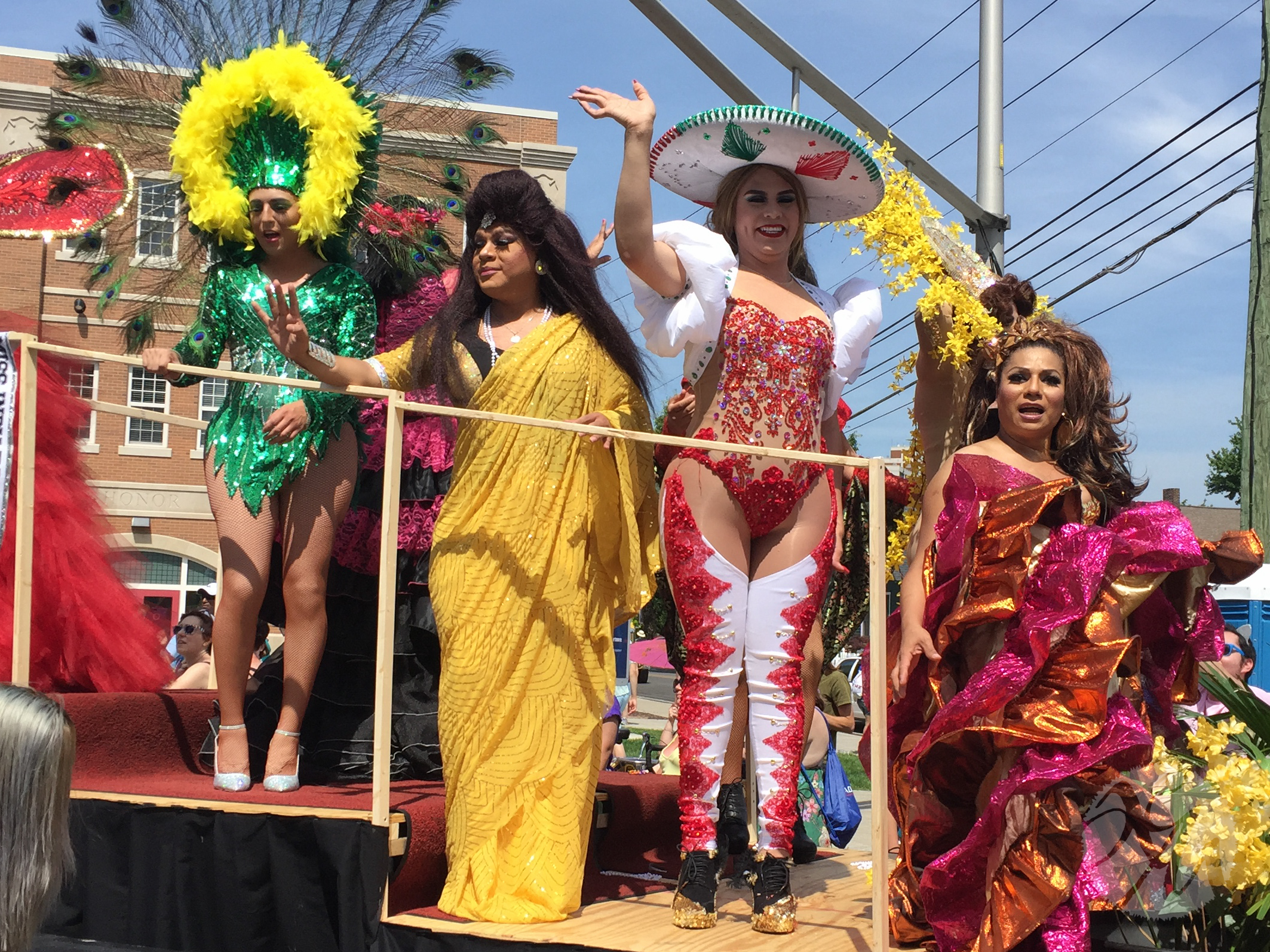
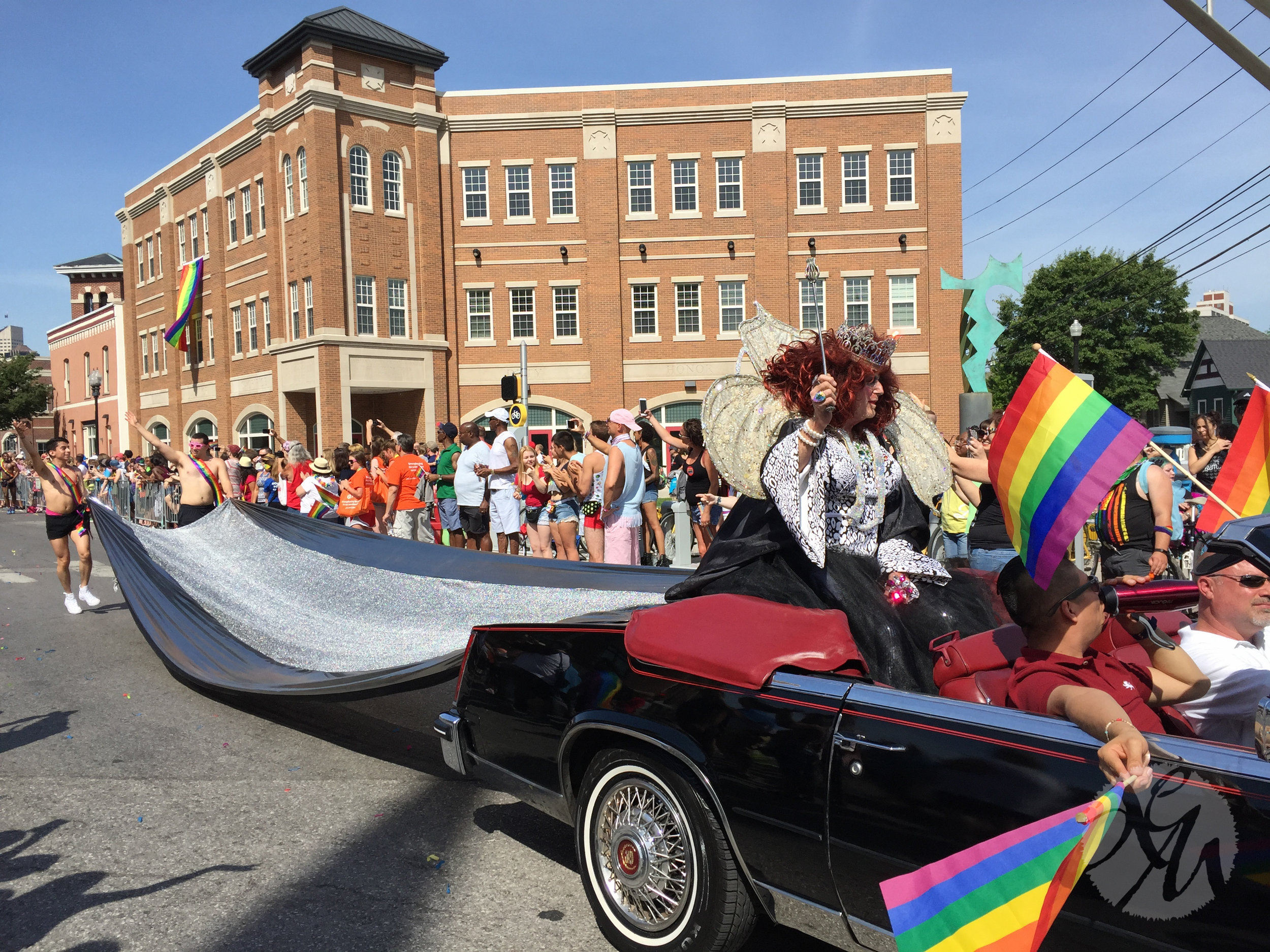
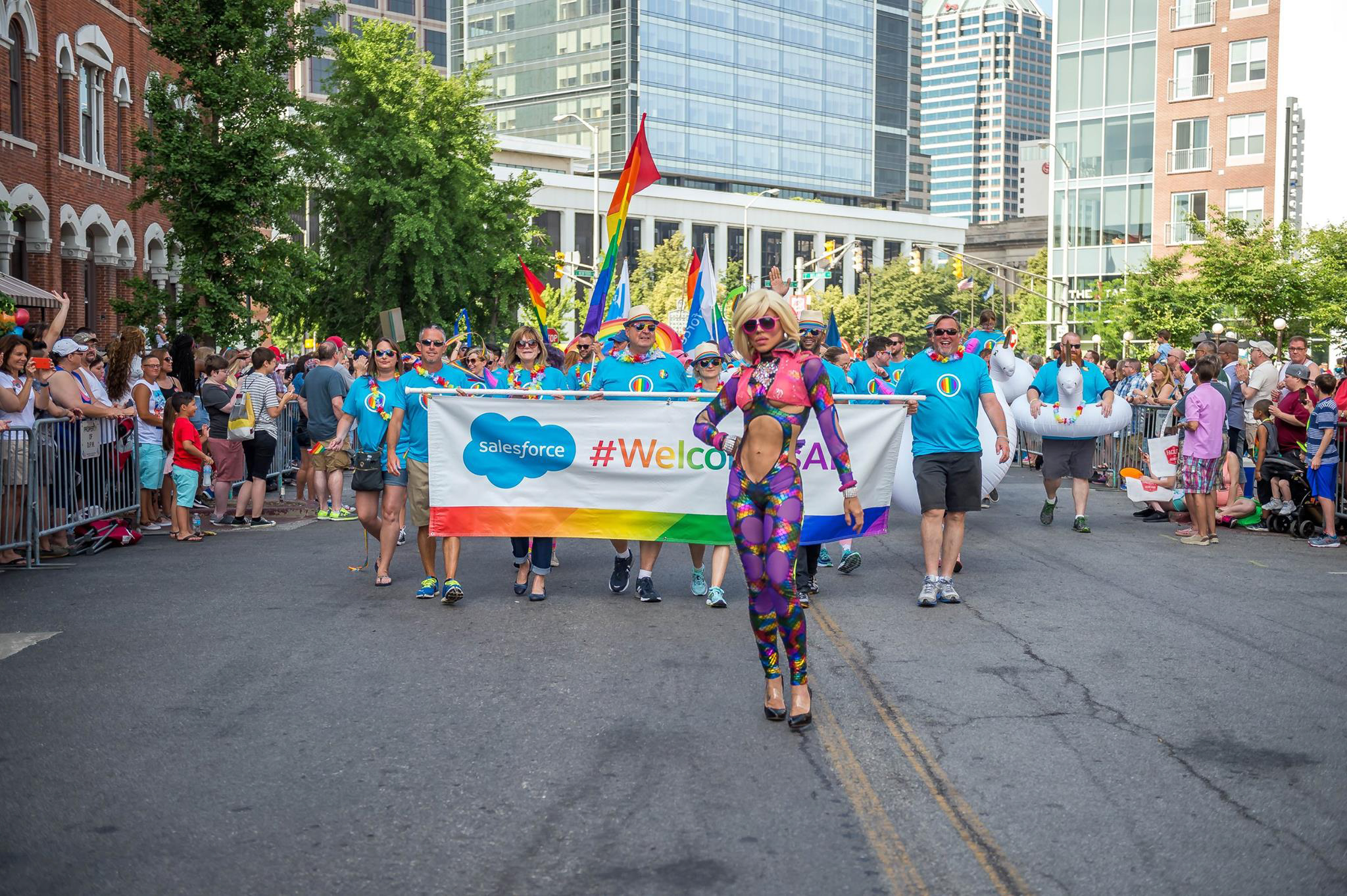

![Week 14: An Epic Ride and a Wink from the Universe [Score +10]](https://images.squarespace-cdn.com/content/v1/58b4c7cc20099e8b54a9ad11/1497485482206-1G82DV3KQ650ZYM16JGK/BORide-28-aem.jpg)
![Week 8: A Very Special Easter Egg Hunt [Score +10]](https://images.squarespace-cdn.com/content/v1/58b4c7cc20099e8b54a9ad11/1492996444067-A0AX7U4ATCX2LMWU8CP4/EggHunt-26-2-aem.jpg)
![Week 29: Grown-Up Field Day [Score +14]](https://images.squarespace-cdn.com/content/v1/58b4c7cc20099e8b54a9ad11/1507596566069-9O2165EIENCVLCQXN21V/CorpChallenge-107-aem.jpg)
![Week 30: Downward Dogs, Feline-Style [Score +9]](https://images.squarespace-cdn.com/content/v1/58b4c7cc20099e8b54a9ad11/1508634681793-S01RFUXM9D353XC1DAFB/CatYoga-122-aem.jpg)